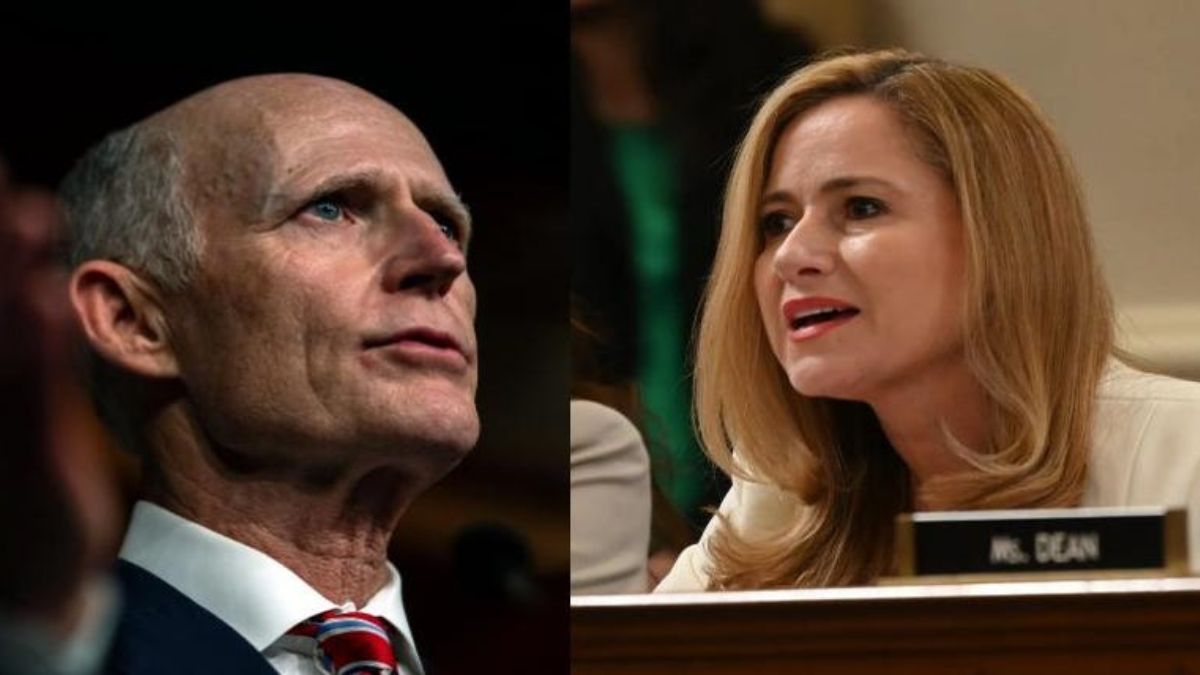A recent survey reveals how closely incumbent Senator Rick Scott and former Representative Debbie Mucarsel-Powell are competing for Florida’s Senate seat. The Hill/Emerson College survey, which was completed from September 3 to September 5, shows that Scott has a slight advantage over Mucarsel-Powell with 46% of potential voters favoring him. Notably, 9% of respondents are still unsure, indicating the continued ambiguity surrounding this crucial election.
The poll underscores the increasing competitiveness in Florida, a state that has seen a notable shift towards Republicans in recent years. In the 2022 midterms, both Governor Ron DeSantis and Senator Marco Rubio secured re-election with substantial margins, reinforcing the Republican stronghold in the state.
Despite this Republican dominance, Mucarsel-Powell’s performance indicates a strong Democratic challenge. The poll reveals that among independent voters, Mucarsel-Powell holds a significant edge, with 47% support compared to Scott’s 34%. This segment of the electorate could be crucial in determining the overall outcome of the race.
Gender demographics also show distinct preferences: Mucarsel-Powell leads Scott among female voters by 48% to 42%, while Scott has a stronger position among male voters, leading Mucarsel-Powell 51% to 42%. These figures highlight the polarized nature of voter support and suggest targeted campaign strategies may be necessary to sway undecided voters.
The narrow margin between the two candidates reflects a highly dynamic electoral landscape. With only weeks until the November election, both Scott and Mucarsel-Powell will likely intensify their campaigning efforts to consolidate support and sway the remaining undecided voters.
As the race heats up, the poll results serve as a critical indicator of the competitive nature of the Florida Senate contest, emphasizing the potential for a closely contested election that could impact the balance of power in the Senate.


